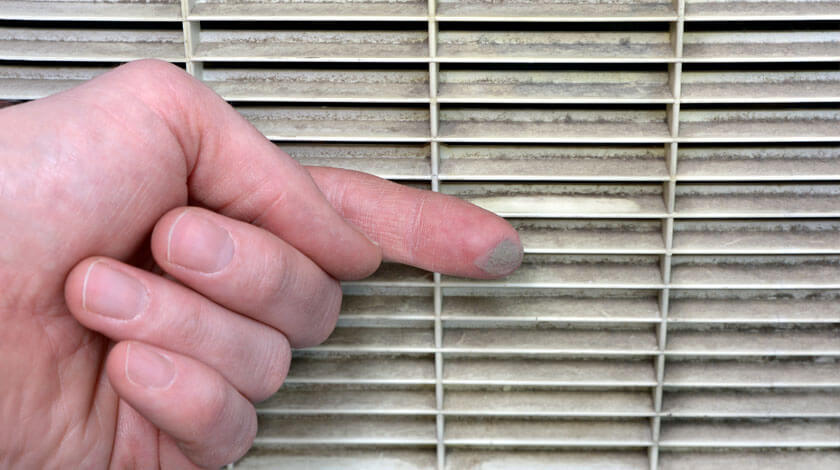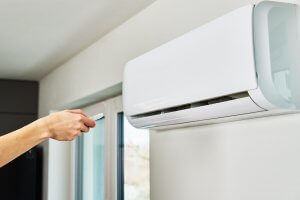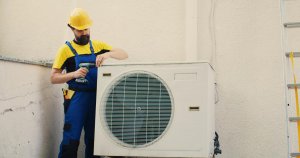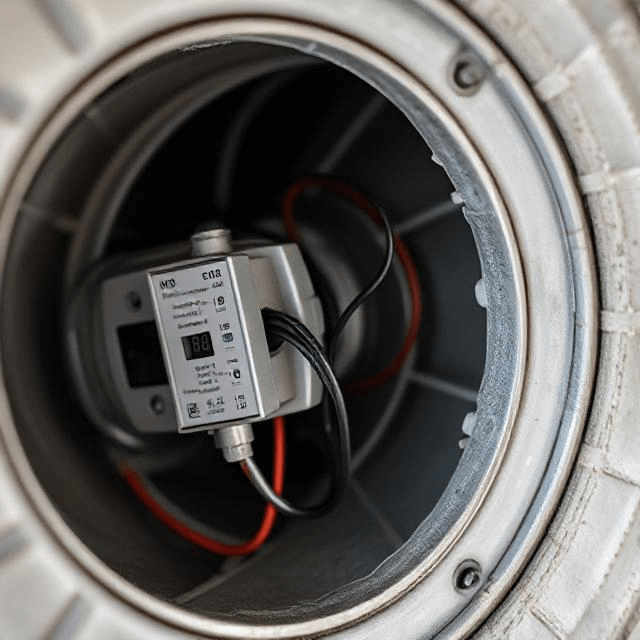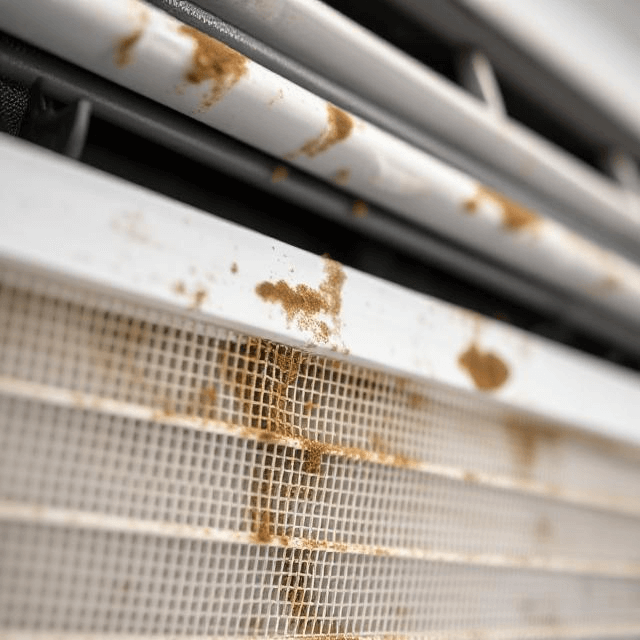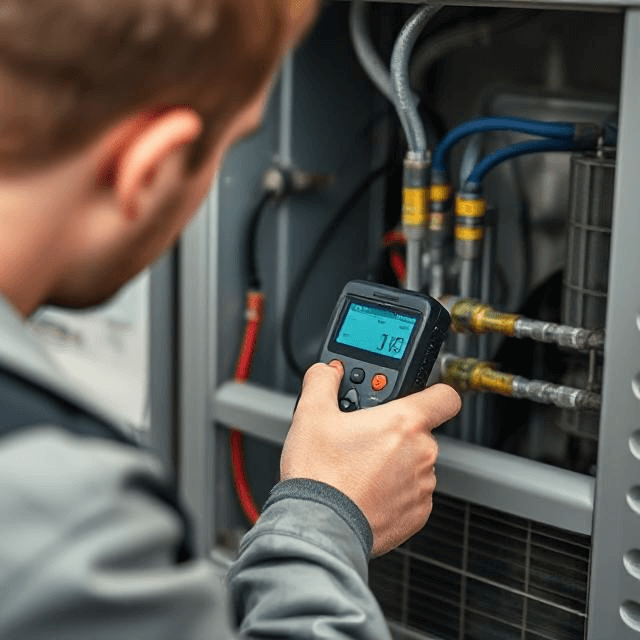With so much more time spent indoors lately, it’s time to rethink your strategy for managing your indoor air quality.
According to the US Environmental Protection Agency (EPA), the average person spends approximately 90% of their time indoors. The EPA also indicates that indoor air quality can be 2 to 5 times more polluted than the air outside your home.
You could be mistakenly attributing your allergy symptoms to the changing season and maybe overlooking the effects of poor air quality.
The good news is that you can improve the quality of the air you breathe in your home with a few simple strategies.
But first, let’s explore the role of your HVAC unit and the effects it has in the quality of the air you breathe.
HVAC System and Indoor Air Quality
Your HVAC system brings in air from the outside and circulates it inside your home. Air filters purify the air before it enters the indoor space and prevents pollutants from entering your home.
However, if you forget to change your filters and your ventilation system is in bad shape, those contaminants can linger inside your home, causing exposure for you and your family to harmful contaminants.
That is why it is necessary to maintain your HVAC system continuously. Moreover, moisture can build up within your HVAC systems and contribute to mold and fungus growth. This can serve as a host site for bacteria and viruses, which are detrimental to health.
Understanding pollution sources can help you better understand how to tackle indoor air quality and finding the source, decreasing health hazards.
In this article, we will look at the essential strategies to increase your home’s air quality.
How To Improve Indoor Air Quality
Let’s take a look at 4 easy steps you can take for improved and healthy breathing indoors.
Control Ventilation
Proper ventilation is critical in ensuring that the air you breathe is constantly recycled and purified of any contaminants.
Signs of poor ventilation include:
- stuffy room
- foul odors
- excess levels of carbon dioxide
If you suspect that your HVAC unit is experiencing issues related to ventilation, give us a call and we can solve any issues with same-day service.
Check Indoor Humidity Levels
HVAC systems remove humidity from the air, and in normal conditions, this water is drained outdoors through drain pipes. Over time though, these pipes can become clogged or damaged, resulting in blockage. As a result, moisture can diffuse throughout the HVAC system, which can cause fungus or mildew to grow.
The accumulation of mold can spread harmful bacteria through the ductwork and cause illnesses.
At the same time, low humidity levels can also become a cause of major concern, as they can irritate your skin and airways, causing inflammation. You can use a humidifier to increase humidity levels.
Regular System Maintenance
Keeping up with regular system maintenance for your HVAC is crucial to ensuring effective and efficient functioning while extending the lifespan of your machine.
For an HVAC system, filters are the first line of defense against outdoor pollutants. They capture and restrict them from entering your home.
Over time, they can collect large amounts of dust and dirt, and their efficiency is reduced, causing more damage than good. Therefore, routine checkups and replacement of air filters are crucial to prevent clogging of the air ducts.
Air Duct Cleaning
Cleaning your air ducts is one of the healthiest HVAC maintenance decisions you can make. The walls of your furnace and air conditioning system become laden with particles of dust, allergens, and other debris with regular wear and tear. Some of these contaminants may cause allergic reactions others significantly decrease the efficiency of your heating or cooling system.
Maintenance is the most cost-effective solution to keeping a healthy indoor living environment.
Don’t delay your routine HVAC checkups with your trusted team of technicians to ensure your unit is in proper condition and the air quality of your home is not compromised.
Routine maintenance procedures, including cleaning air ducts and replacing air filters, and evaporator coils, are essential. Plus, while performing these routine checks, you can quickly detect any faults in your system on time, before costly repairs come creeping in.
Take the first step towards healthy living.
We know how valuable good indoor air quality is for healthy living, and we don’t take this for granted. Implementing all the strategies mentioned above will improve the indoor air quality of your space, and lead to happier living!
For a smart and healthy home experience, call us today!



